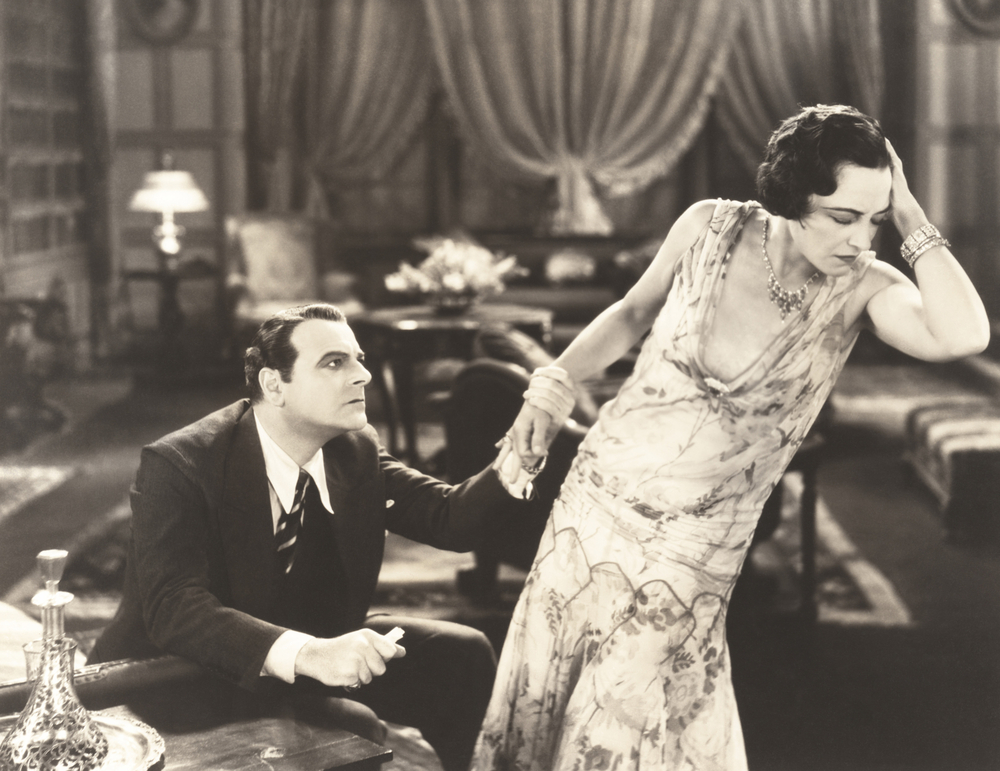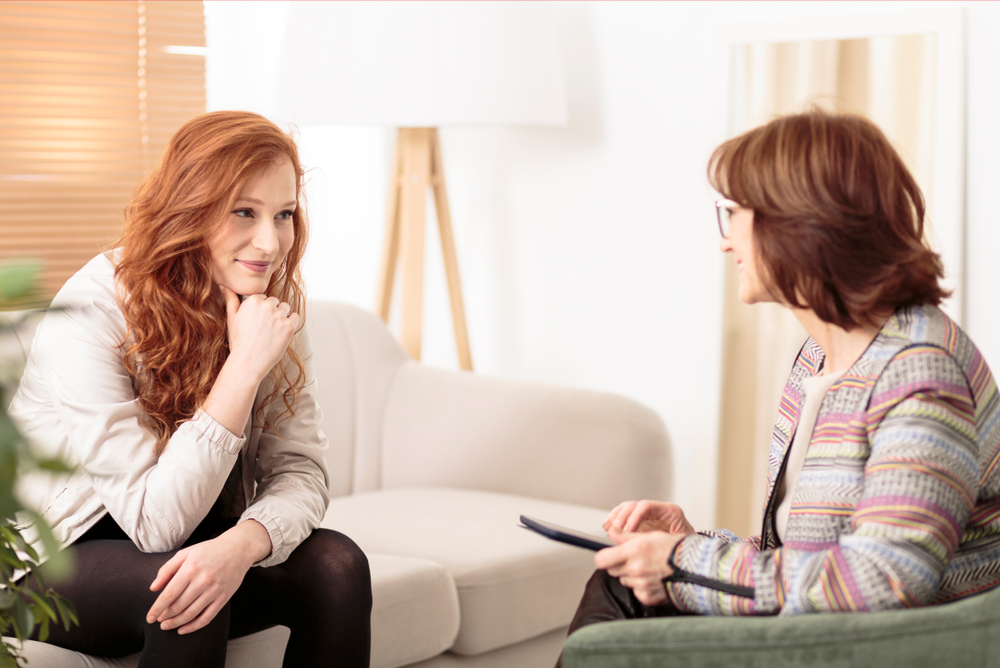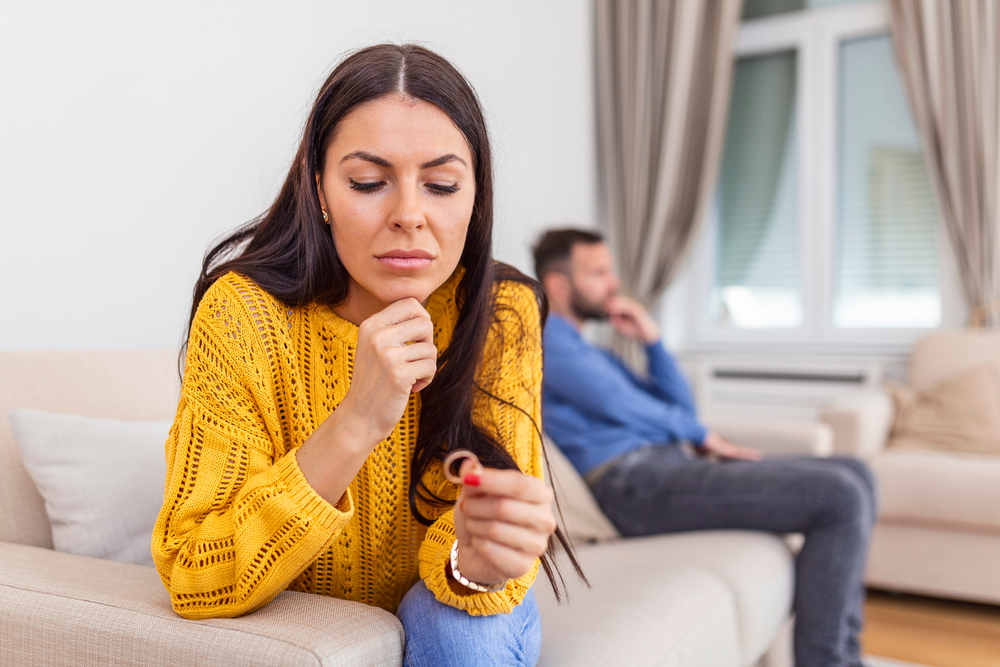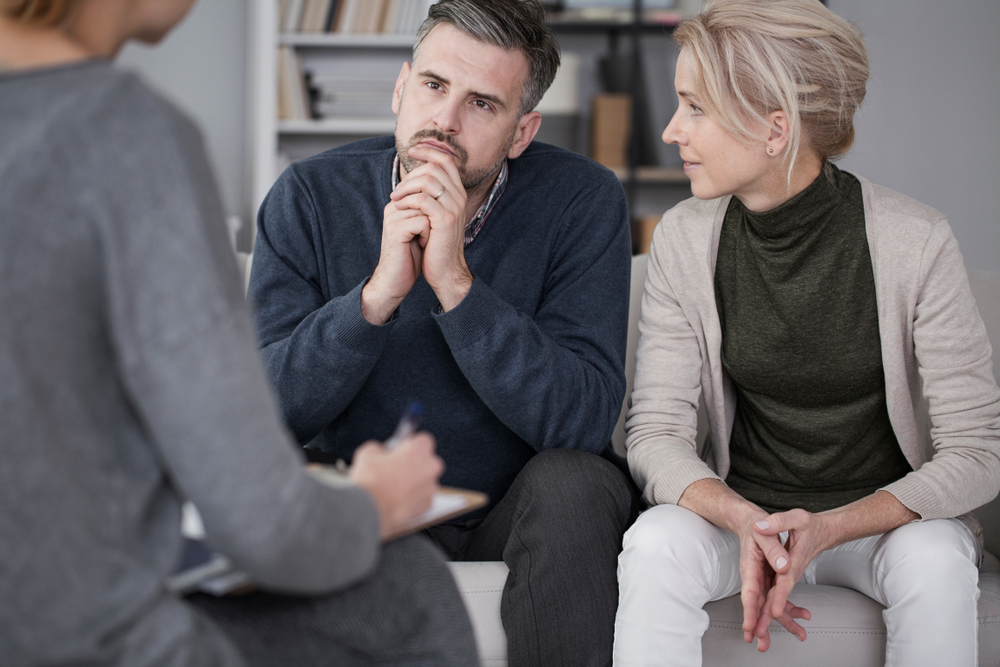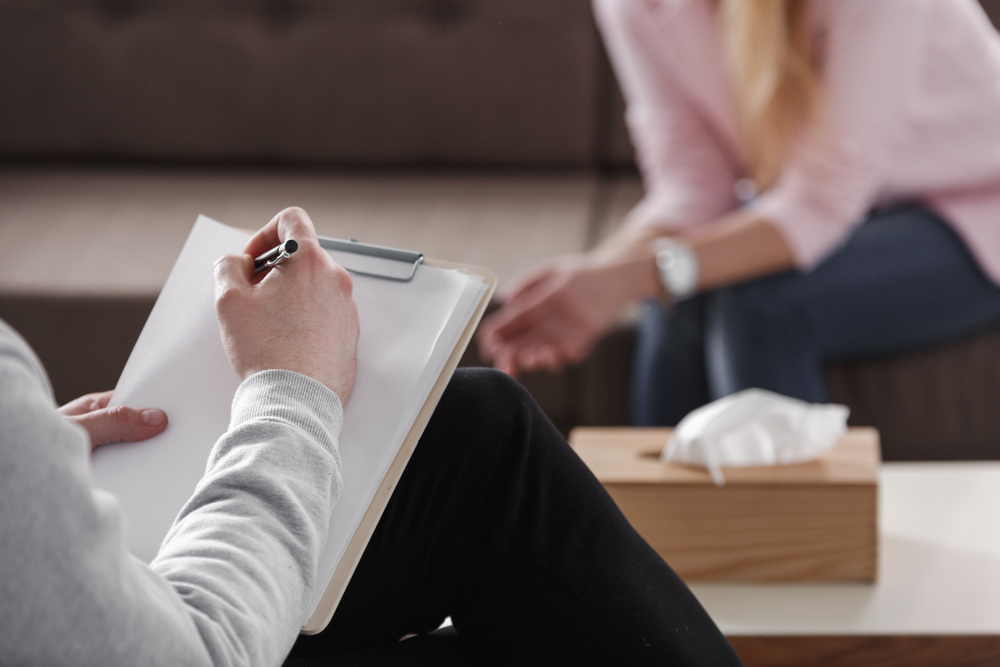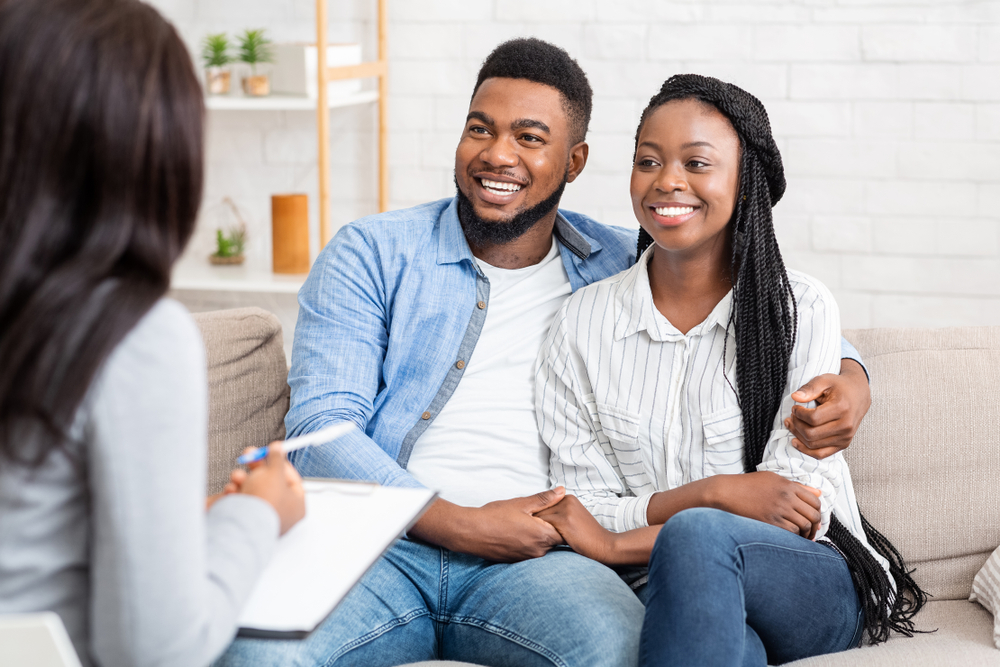
As a couples counsellor, people call me all the time saying things like:
“We’ve been fighting for seven years and hate each other!”
“We haven’t been in love for three years.”
“We don’t even want to be in the same room.”
“There is nothing redeeming about my partner as a human being.”
And all of these individuals follow up with the same request:
“We want to try therapy before getting a divorce. Can you help us?”
I’ll be honest with you, these are the worst calls to get because there’s very little chance of salvaging the relationship. By this point, I’m mostly helping people process the end of their relationship.
It’s hard as well because people are genuinely surprised that we cannot quickly repair a situation involving years of neglect or abuse.
This is why I want to address the concept that couples counselling can be used to maintain a relationship and avoid divorce and separation in the future.
Just because your relationship is good doesn’t mean it can’t use a tune-up from time to time!
Here’s why it works:
Healthy Conflict Resolution
Conflicts, arguments, and issues are always going to pop up even in the healthiest relationships. It’s how you deal with them that makes all the difference.
In couples counseling, you can learn more effective problem-solving techniques to address your concerns in a way that is productive and healthy.
Plus, speaking to a couples counsellor may unearth issues that could become bigger problems in the future. By discussing it in a safe and open environment, you and your partner will be better equipped to handle conflicts in the future.
Improved Communication
A healthy relationship is built on a foundation of good communication. Without it, misunderstandings and miscommunication can lead to arguments and fights that could be avoided otherwise.
I guarantee you that most of the conflicts you face in your relationship, no matter how minor, aren’t about the topic of argument. Most of the time, conflicts stem from poor communication.
Couples counselling can help you and your partner learn healthy communication skills that will improve your relationship and avoid many conflicts in the future.
Increased Effort in the Relationship
Booking an appointment to see a couples counsellor, even if your relationship is going great, shows that you and your partner are willing to put more energy and effort into each other.
It shows that you are dedicated to being proactive in your relationship instead of relying on crisis control when things get out of whack.
This step solidifies you and your partner as a team and can help you feel like you’re working together, not against each other.
Couples counselling is also a great way to simply check in with each other in a safe space where you can be honest about your feelings.
Nowadays, relationships tend to take a backseat to work, parenting, and other busy aspects of life. Make your relationship a priority by giving it a tune-up every once and a while.
Identify Behavior Patterns
No relationship is perfect and we all get triggered by something. On the other hand, we all behave in ways that seem innocent to use but may annoy or anger someone else.
A couples counsellor can help you identify behavior patterns and triggers in your relationship. It’s a great opportunity for each partner to express what is bothering them without feeling that they are being judgemental or “nit-picky.”
From there, you and your partner can discuss an effective resolution to ensure that you both remain satisfied in the relationship.
Personal Development and Growth
Not only is couples counselling amazing for your relationship, but it can also help you develop and grow as an individual.
It allows you an opportunity to look inward and deal with your own personal struggles. Perhaps there are some unresolved issues from your past that are affecting your relationship.
This also gives your partner insight into your struggles and learn ways in which they can help support you.
Life is Unpredictable
It could be that your relationship is going along swimmingly until you and your partner face an unpredictable crisis: a loss of a job, the death of a family member, etc.
No couple is safe from misfortune and many do not survive mishaps because they are not prepared for them.
Going to couples counselling is more than visiting a counsellor and talking about feelings. It helps develop a pattern of checking in with your partner, improving your communication skills, and crisis-proofing your relationship.
Anything can happen and having the right tools can help prepare you and your partner for an unfortunate situation.
No Relationship is Perfect
As I mentioned before, even the healthiest relationships face conflict at some point. No relationship is perfect!
However, these minor disagreements and disappointments that may not seem like deal-breakers today can fester and build up to the point where you (or your partner) realize that you are not happy in the relationship.
Usually, by the time this happens, it is often too late to save the relationship – or saving it will take a lot of work.
It’s important to take care of minor annoyances in healthy and effective ways before they become major issues and couples counselling can help with this.
Counselling for Happy Couples
As you can see, couples counselling is not reserved for relationships in distress. Those who are happy in their relationships can greatly benefit from visiting a couples counsellor!
On average, most couples wait up to six years after knowing something is wrong before seeing a counsellor. Most of the time, the relationship has already reached the breaking point and is harder to save.
As a counsellor who specializes in couples therapy, I can help you improve your relationship satisfaction, reduce arguments, improve trust, and increase intimacy.
Don’t let your relationship reach critical mass – book your appointment for your first couples session today!
Call me at (905) 518-0210 or contact me through my website.





